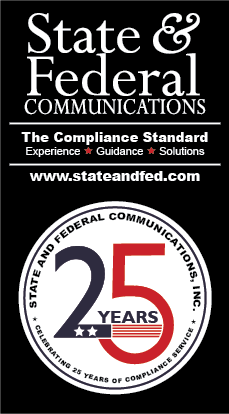 |
 |
E-News from State and Federal
Communications, Inc.
AUGUST
2018
It’s Okay …
He Is Still from Akron
 |
|
Do you know the most common
question I get these days? Are you upset because LeBron James
left Akron?
The simple answer is NO. He has
to do what is best for his family and he made a
decision, which I am sure was not easy to make. It
is just a lot different than when he left the first
time.
Here are the things we remember.
We won a championship!!! That was awesome. The
winning game was at Golden State but we had the
parade of the century. And the best part was the
first game of the next season. The audio system was
blaring, “We Are the Champions” by Queen and the
entire Q Arena was on fire. That is something I will
never forget.
We started on this Cavs bandwagon
the day after LeBron James signed with the team. Our
daughter graduated a year ahead of him at St.
Vincent/St. Mary, so we were very familiar with him. A
side note—during his senior year, the high school had all of its
basketball games at the University of Akron JAR
Arena—named after former Governor James A. Rhodes.
The school knew there would be a lot of people
wanting to see our teen phenom.
Those early Cavs games were
awesome. We saw some great players make their way
through Cleveland. Then, LeBron was gone. But we
stayed and continued going to all of the games for
four long years.
LeBron’s time back has been
unbelievable. And there is still a future for the team,
Cleveland, the NBA, and basketball. Please note,
Quicken Loans Arena is going through extensive
renovation and we were convinced to renew our seats
for another three years and at hefty 50 percent increase in
price. Even when we knew there could be a change
with our players. Now, we had the sense not to take
a five- or seven-year plan…three is just fine.
And just when I am
planning for a trip to Los Angeles next week to attend NCSL and thinking
of asking anyone and everyone if they have seen
LeBron, he is going to be in Akron opening his I
Promise school to help students reach their full
potential. Do you know what he plans to do after
those students graduate from high school? He is
paying full tuition for them to attend the
University of Akron.
Now that is good Corporate
Social Responsibility!!
Don’t be concerned about whether
we are upset. Every one of us makes decisions that
are the best for ourselves and our families. He is
still just a kid from Akron.
Elizabeth Z. Bartz
President and CEO
@elizabethbartz |

Colorado Rulemaking Affects Lobbying
and Campaign Finance
Katlin
Newman, JD
Research Associate
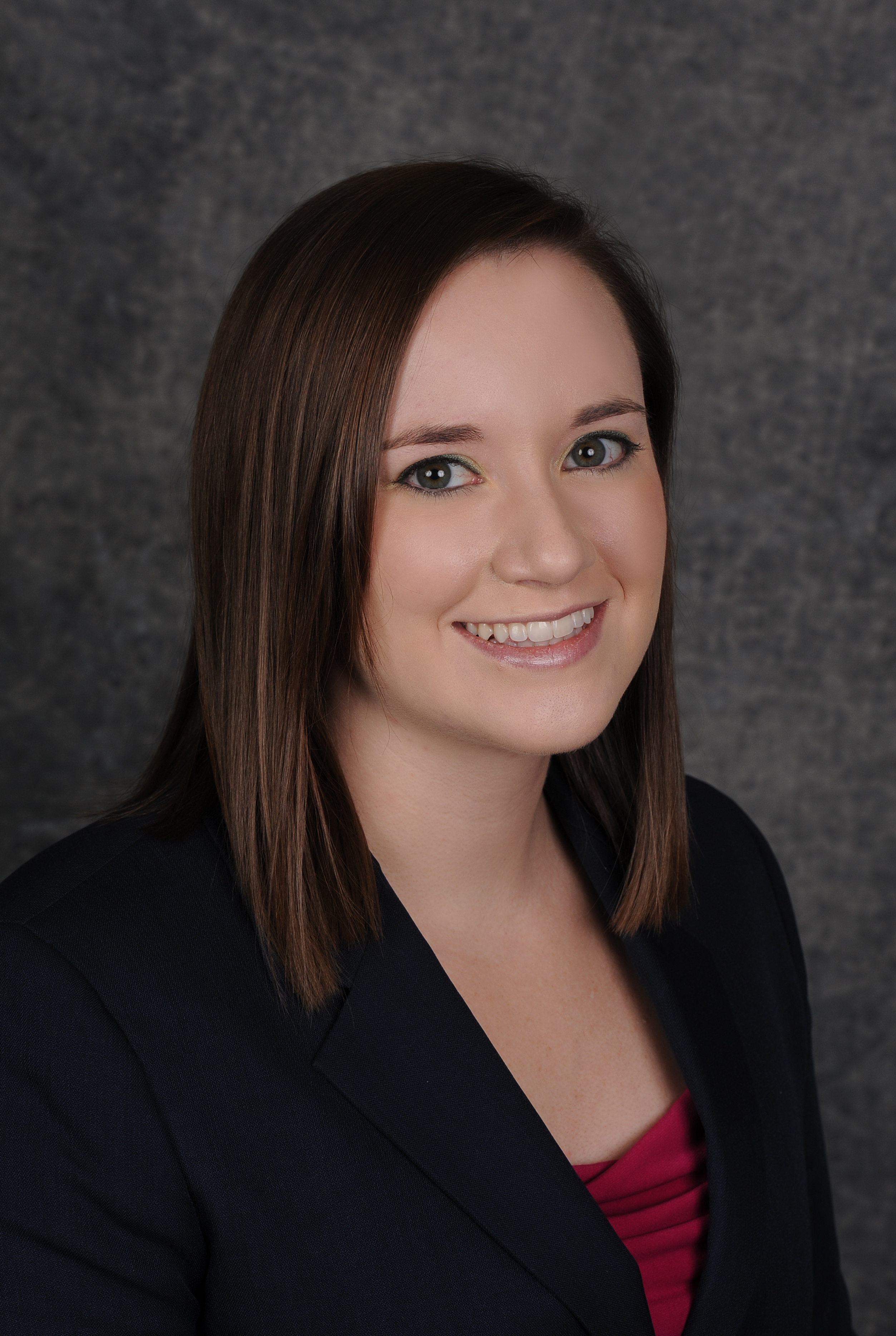 Colorado’s Office of Secretary of State made several recent changes to state
lobbying and campaign finance rules. Lobbyist rules adopted in May became
effective June 30. Some campaign finance rules were adopted on a temporary
emergency basis effective June 19, and others were adopted July 11. Colorado’s Office of Secretary of State made several recent changes to state
lobbying and campaign finance rules. Lobbyist rules adopted in May became
effective June 30. Some campaign finance rules were adopted on a temporary
emergency basis effective June 19, and others were adopted July 11.
The rules concerning lobbyist regulation were amended and recodified to
ensure uniform and proper administration, implementation, and enforcement of
current state lobbying laws. Rule changes include additional definitions
meant to clarify existing statutory language, as well as additional rules
clarifying registration and disclosure requirements for professional
lobbyists and lobbying firms. Effective January 1, 2019, a new rule also
requires a professional lobbyist to log by date all position changes (i.e.,
monitoring, oppose, or support) on a bill and to file a monthly log
contemporaneously with each monthly disclosure statement.
The Office of Secretary of State temporarily adopted emergency campaign
finance rules after U.S. District Judge Raymond Moore struck down provisions
of state law allowing private citizens to file complaints. Until the June
federal court ruling, all complaints received a hearing without review for
merit. New enforcement mechanisms provide for initial review of complaints
and an opportunity to cure violations prior to investigation and
enforcement.
Additional campaign and political finance rule changes were adopted July 11.
Such changes exclude from the definition of contribution time-based services
volunteered by an individual if the individual receives no direct or
indirect compensation for the time volunteered. They also permit committees
to accept contributions in cryptocurrency up to the acceptable limits for
cash or coin contributions. The amount of such contribution will be the
value of the cryptocurrency at the time the contribution is made. A
committee must report any gain or loss thereafter as other income or
receipt. Finally, changes require complaints concerning municipal campaign
finance matters to be filed with the appropriate municipal clerk.
[The details for this article have been updated on our website in
the Lobbying and Political Contribution Compliance Laws for Colorado].
|
 Summary of Changes UPDATE Summary of Changes UPDATE
Note Recent Changes to
Compliance Regulations
Michael Beckett, Esq., Research
Manager
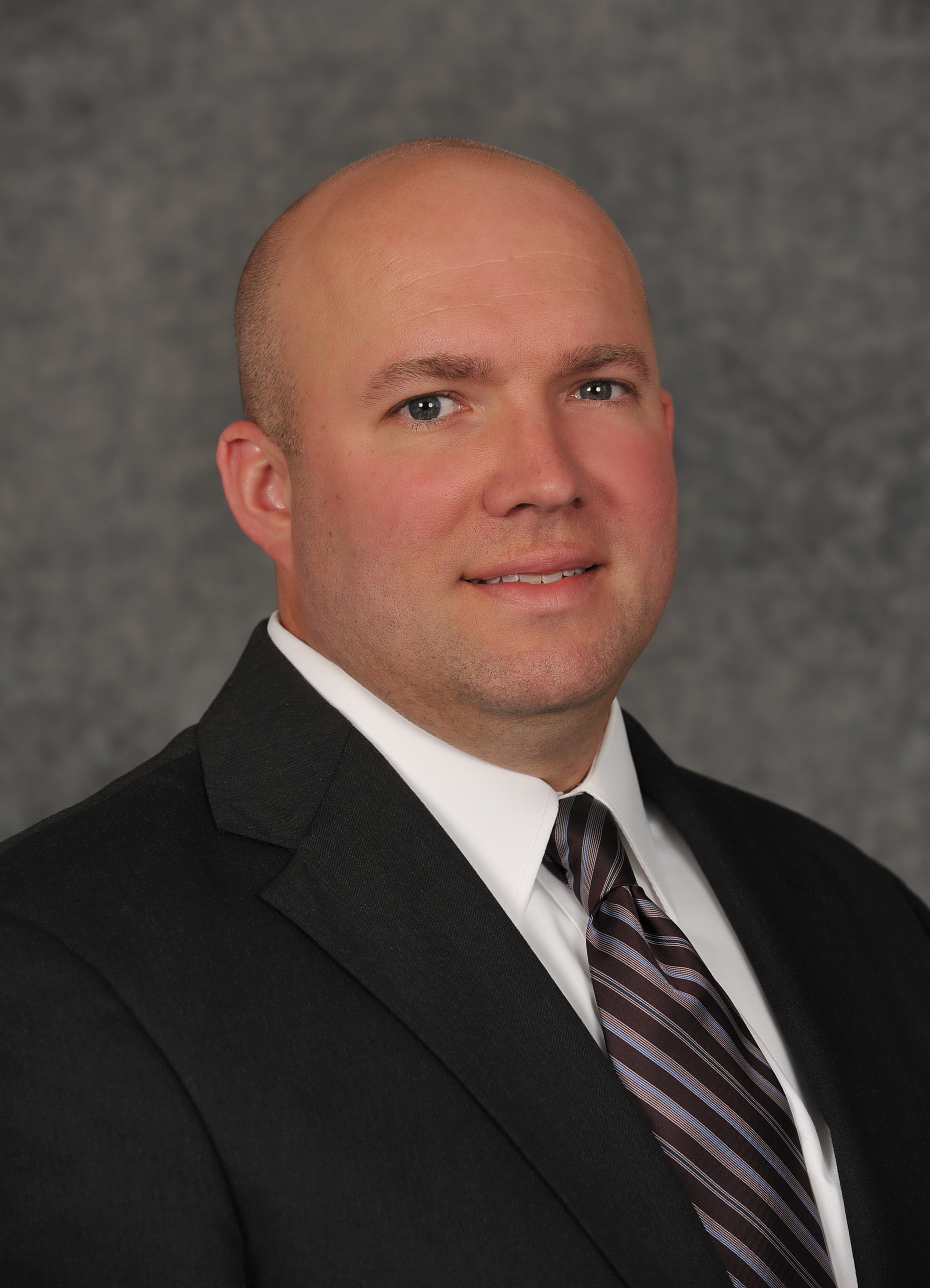
FEDERAL: On July 16, the U.S. Treasury Department and the IRS
announced certain tax-exempt organizations will no longer be
required to report the names and addresses of contributors on their
annual reports. This exemption from reporting will apply to
tax-exempt organizations generally not receiving tax-deductible
contributions, such as labor unions, volunteer fire departments,
issue-advocacy groups, local chambers of commerce, veterans’ groups,
and community service clubs. These organizations are still required
to continue to collect and keep the donor information and to make it
available to the IRS upon request. This change does not affect the
information required to be reported by charities primarily receiving
tax-deductible contributions, such as 501(c)(3) organizations,
certain nonexempt private foundations, or 527 political
organizations.
BOSTON, MASSACHUSETTS:
Mayor Marty Walsh vetoed a City Council ordinance on lobbying
reform. In 2016, Walsh proposed an overhaul to the city’s lobbying
laws citing a need for increased transparency. His proposal would
bring stricter lobbying laws by way of a home rule charter that
requires approval by the Legislature. Council passed its own version
of the ordinance in late June hoping it would go into effect
immediately upon the mayor’s signature. In vetoing the ordinance,
Walsh indicated the passed ordinance failed to define and regulate
lobbying and did not create an adequate enforcement mechanism. Walsh
stated his continued confidence in and preference for his proposals.
FORT WAYNE, INDIANA:
City Council passed another bill related to pay-to-play practices.
Similar to last year’s pay-to-play ordinance, City Council overrode
Mayor Tom Henry’s veto in a 7-2 vote. The newly passed measure
prohibits business entities from bidding on city contracts if any
officer, partner, or principal with more than 10 percent ownership
has donated more than $2,000 to a campaign of someone with ultimate
responsibility for awarding city contracts.
NORTH CAROLINA:
After receiving at least three-fifths of the vote in each chamber,
the North Carolina Senate gave final approval to a proposed
constitutional amendment to alter the way the State Board of
Elections and Ethics Enforcement is appointed. The proposal shifts
power to make board appointments from the governor to the
Legislature. Previously, Democratic Gov. Roy Cooper sued Republican
legislative leaders multiple times over legislation creating
different versions of the joint board. The amendment requires a
simple majority at the ballot box to become effective on January 1,
2019.
SAN ANTONIO, TEXAS:
City Council approved substantial changes to the campaign finance
and ethics codes. The new ordinance requires additional campaign
finance reports and disclosure of the name and title of anyone
contributing $100 or more to a council member or mayoral campaign.
In the same council meeting, an ordinance increasing campaign
contribution limits by 50 percent did not pass. The new disclosure
and reporting rules became effective at the beginning of the
campaign cycle on July 1.
|
Legislation We Are
Tracking
At any given time, more than 1,000
legislative bills, which can affect how you do business as a government
affairs professional, are being discussed in federal, state, and local
jurisdictions. These bills are summarized in State and Federal
Communications' digital encyclopedias for lobbying laws, political
contributions, and procurement lobbying and can be found in the client
portion of our website.
Summaries of major bills are also included
in monthly email updates sent to all clients. The chart below shows the
number of bills we are tracking in regard to lobbying laws, political
contributions, and procurement lobbying.
| |
Total bills |
Number of Jurisdictions |
Passed |
Died |
Carried over
to
2019 |
|
Lobbying Laws |
404 |
45 |
22 |
215 |
6 |
|
Political Contributions |
683 |
50 |
56 |
385 |
10 |
|
Procurement Lobbying |
544 |
46 |
28 |
294 |
7 |
|
 |
W E B S I T E
T I P
A valuable feature of our website provides the ability
to view an entire entry at once. By using the View All
menu item you will be able to see all of the information
in a chosen jurisdiction without needing to click on
each of the topics found in the left side menu. The
obvious benefit and the reason for the feature’s name is
the ability to view and print out all of the information
at once. One less obvious benefit is the ability to use
CTRL-F within the View All feature to find information
when you are not sure under which topic heading it
appears. You can also use CTRL-F to find all known
instances of a particular word, phrase, or citation
throughout the entry. View All is now available for all
entries, including Canada, and is yet another way State
and Federal Communications helps you work more
efficiently. |
|
ASK THE
EXPERTS
State and
Federal Communications’ Experts Answer Your Questions
Here
is your chance to “Ask the Experts” at State and Federal
Communications, Inc. Send your questions to
experts@stateandfed.com.
(Of course, we have always been available to answer
questions from clients that are specific to your needs, and
we encourage you to continue to call or email us with
questions about your particular company or organization. As
always, we will confidentially and directly provide answers
or information you need.) Our replies are not legal advice,
just our analysis of laws, rules, and regulations.
|
 |
Are state lobbyists restricted from
making political contributions? |
|
|
 |

Approximately half of the
states place additional burdens on the ability of lobbyists
to make contributions above and beyond those applicable to
the general population. These restrictions can take several
forms:
-
Session bans: While there
are states with general bans on contributions during
legislative session, some states, such as Arizona,
Colorado, and Utah, only ban contributions from
lobbyists during legislative sessions while not
similarly restricting non-lobbyists...
Read the full article here
Additional information regarding restrictions on lobbyist
contributions can be found in the U.S. Lobbying Compliance
Laws section of the State & Federal Communications website,
under Restrictions on Contributions from Lobbyists.
John
Cozine, Esq., Compliance Manager
Click here to read ALL Ask the Experts
articles in full
Please fill out the small form to
gain access to all articles free!
Thanks.
Click here for subscription information
|
|
|
|
|
|

State and Federal
Communications, Inc.
Scrapbook -
July 2018
State and Federal
Communications, Inc.
Turns 25!
As we celebrate our 25th Anniversary,
we would like to share some photos of the
excitement
which
happened in Washington, DC.
The delicious
Georgetown Cupcakes was a wonderful dessert for
a special event. Elizabeth Z. Bartz
received congratulatory flowers at the 25th
Anniversary Celebration. Carol Laham,
Wiley Rein and Jim Brown, Capital One, with John
P. Chames and Elizabeth Z. Bartz. Barbara
and Christopher Badgley with Elizabeth on the
balcony during the celebration at The George
Washington University.
|
Celebrating Staff
Anniversaries at
State and Federal Communications, Inc.
|
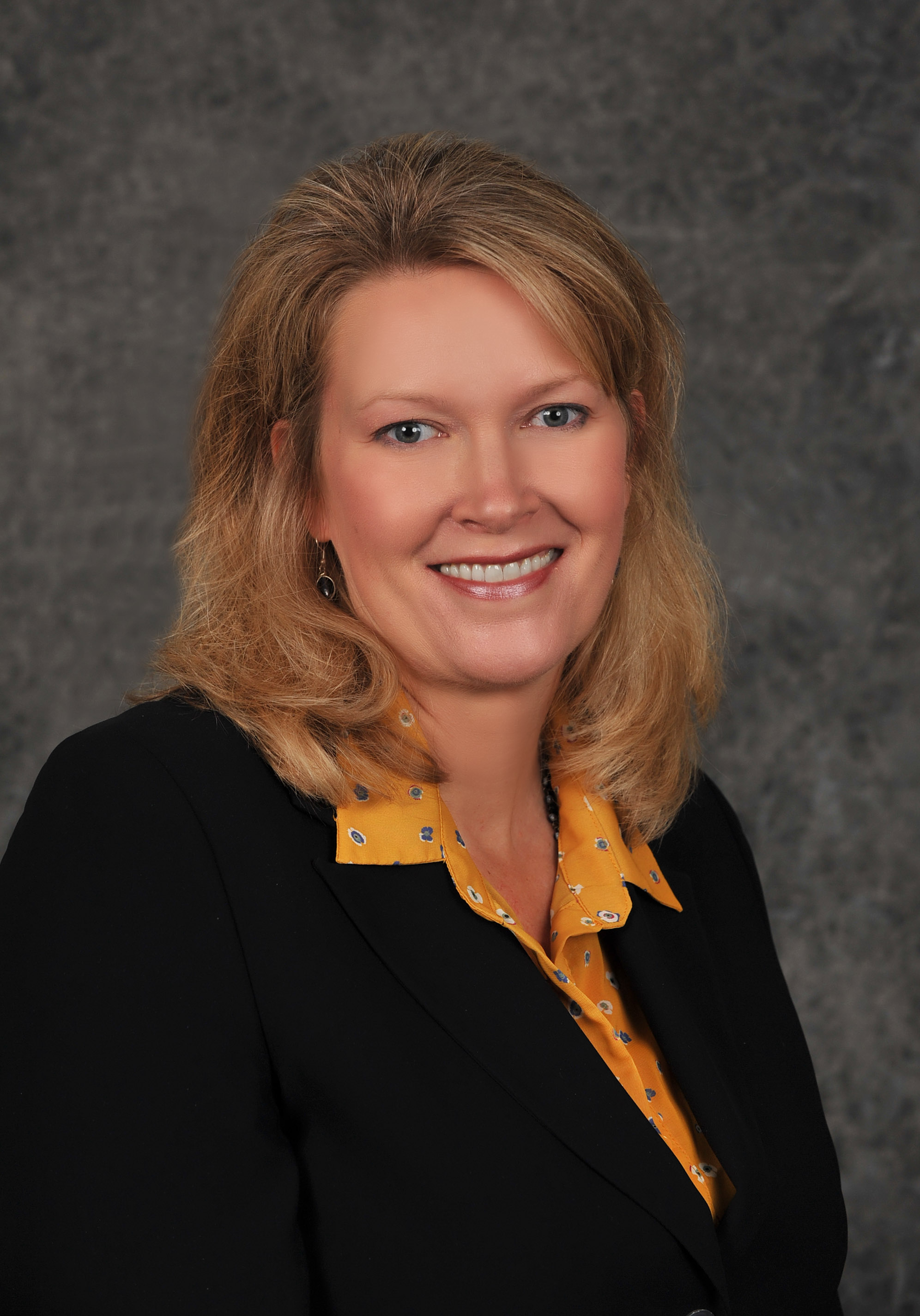 |
Once again
we are celebrating and honoring two of
our employees as they reach another
anniversary.
Rebecca
P. South, Federal Compliance
Associate celebrates nine years with the
company working out of DC and
Mark Sedmock, MBA, Comptroller
celebrates five years.
Congratulations to both of you. |
|
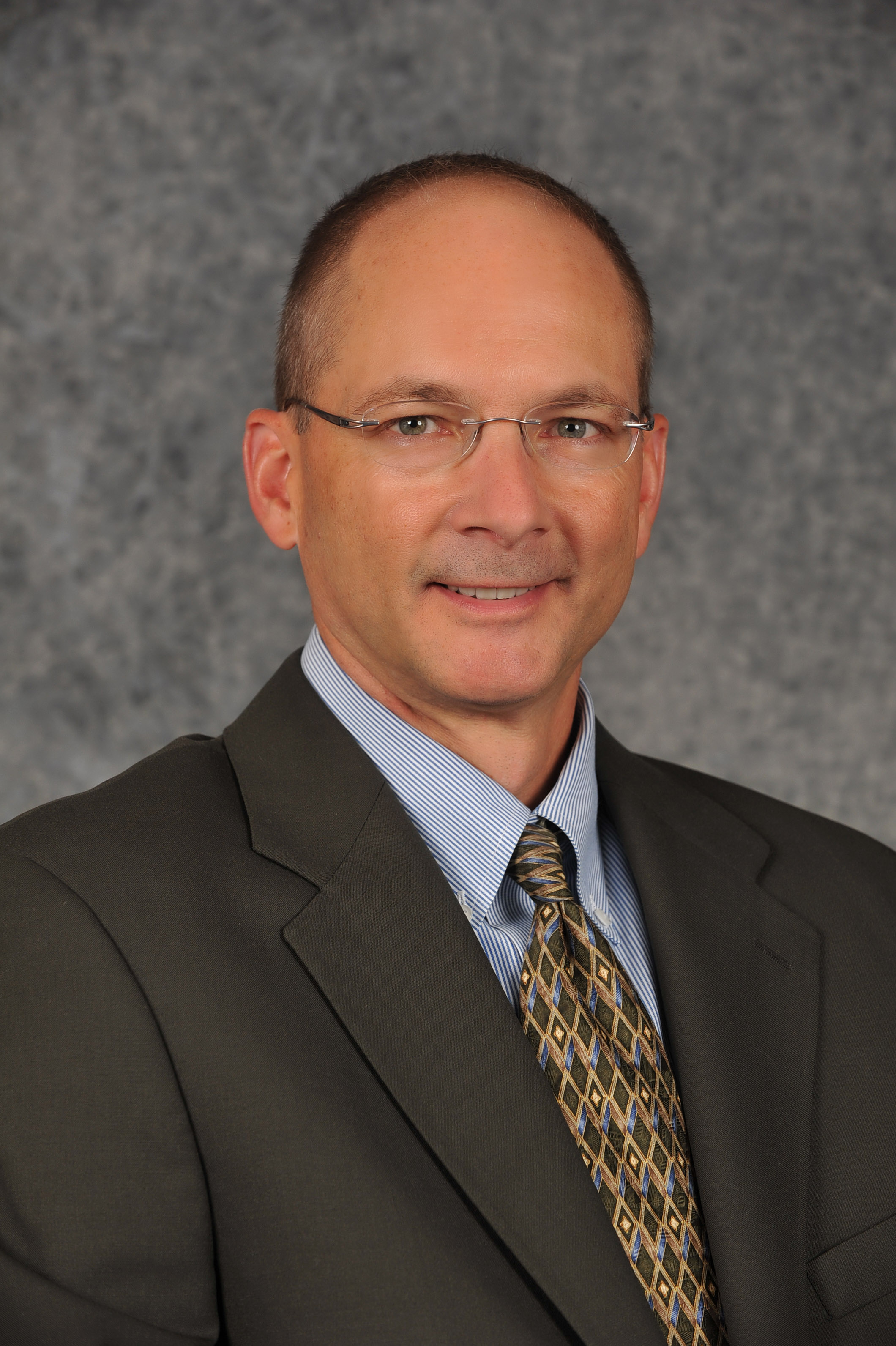 |
|
|
Team Intern 2018
Team Intern has been busy this summer.
This month included a book review of The
Defining Decade by Meg Jay. Kent State
University Professor, Dr Renee Axiotis led the
discussion.
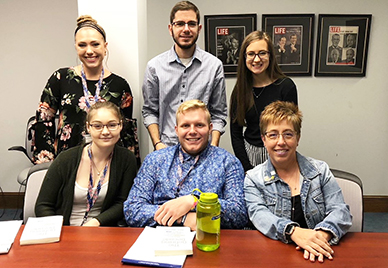
|
|
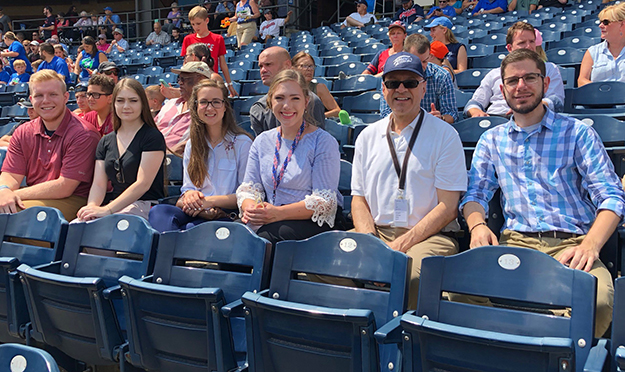
State and Federal
Communications Team Intern enjoyed a
mid-week AA-MiLB
Akron Rubber Ducks baseball game. |
|
|
|

Plan to say hello at future
events where State and Federal
Communications, Inc.
will be attending and/or
speaking regarding compliance issues. |
|
|
July 30 -
August 2 |
National Conference of State Legislatures -
Legislative Summit
Los Angeles, California |
|
August 1-4 |
Buzz Advocacy Summit,
Annapolis, MD |
|
August 11 |
United Way of Summit
County: 100th Anniversary Bold Future Ball,
Akron, OH |
|
August 16 |
Akron Roundtable,
Akron, OH |
|
August 23 |
PWIA Workshop,
Chicago, IL |
|
August 30 |
Akron Press Club State of
the County with Ilene Shapiro,
Akron, OH |
|
September 4 - 8 |
CMI Content Marketing
2018,
Cleveland, Ohio |
|
September 6 - 7 |
Practising Law Institute,
Washington, DC |
|
COMPLIANCE
NOW is published for our customers and friends.
Click here
to
SUBSCRIBE
or
click
here to UNSUBSCRIBE.
Click here to send us comments regarding
the COMPLIANCE NOW e-newsletter.
State and
Federal Communications, Inc. | Courtyard Square | 80 South
Summit St., Suite 100 | Akron, OH 44308 |
| 330-761-9960 |
330-761-9965-fax | 888-4-LAW-NOW|
http://www.stateandfed.com/

|
 |
The Mission of State
and Federal Communications is
to make sure that your
organization can say, "I Comply."
We are the leading
authority and exclusive information source on
legislation and regulations surrounding campaign finance
and political contributions; state, federal, and
municipal lobbying; and procurement lobbying.
Contact us to learn how
conveniently our services will allow you to say "I
Comply" for your compliance activities.
http://www.stateandfed.com |
www.stateandfed.com |
|